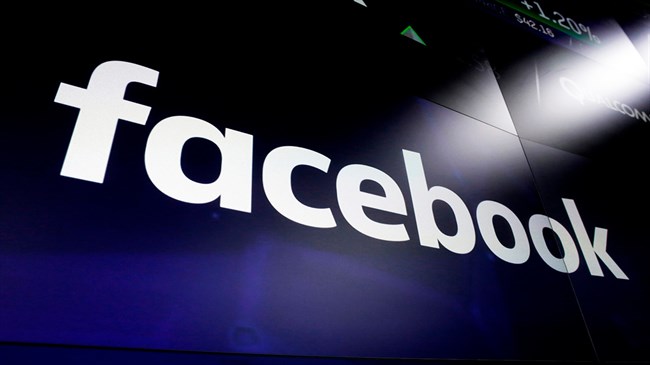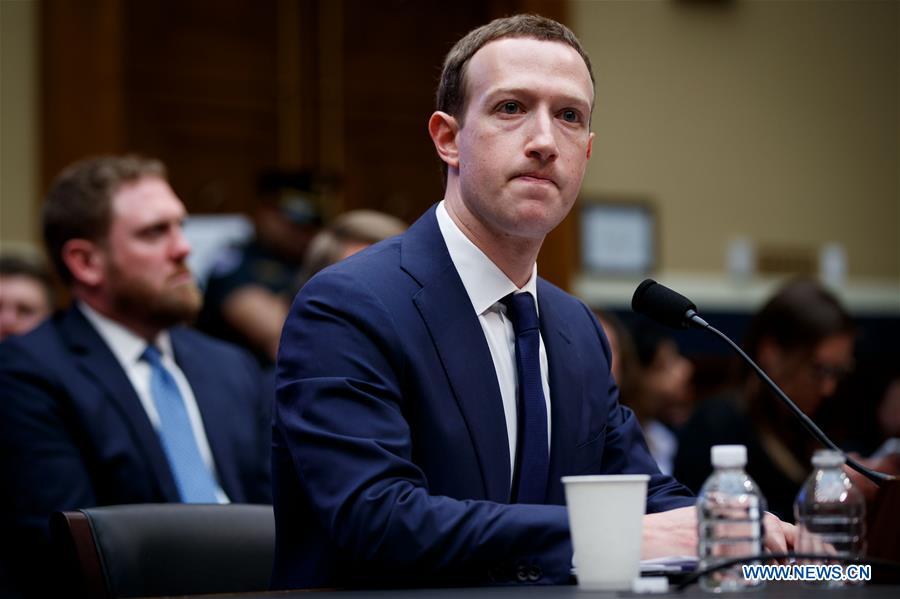
Editor's note: Iram Khan is a Pakistan-based commentator on international affairs. The article reflects the author's opinions, and not necessarily the views of CGTN.
Whenever the American social media giant Facebook is in the news, it is mostly for the wrong reasons. The latest controversy it has entangled itself in is the biggest so far: A growing number of high profile advertisers are boycotting Facebook over allegations that it is not doing enough to stem the toxicity that is pervasive on the platform.
These might be a fraction of the 8 million advertisers that generate billions of dollars of revenue for Facebook but, being household names, they carry a lot of influence on customer behavior in the U.S. and abroad.
As the boycott is gaining steam, Facebook's reputation is plummeting with each passing day. Large brands are getting concerned about their own reputation as their advertisements show up alongside hateful content. If this apprehension expands to the smaller and medium-sized businesses, the damage will turn into a downward spiral as any appearance on a discredited entity will do more harm than good.
The most profound problem with Facebook is its unwillingness to remove hateful content. Only after the pressure from the ongoing boycott campaign, Mark Zuckerberg, the company's founder and CEO, announced that he will start removing posts that incite violence. This was quite an unsubtle admission that previously he was either allowing the publishing of that kind of material or was turning a blind eye to it.
Hate has been ubiquitous on Facebook because of an unimpeded spread of misleading information. When U.S. President Donald Trump launched a series of baseless attacks on mail-in voting, Facebook called it "legitimate debate." And neither was it willing to challenge Trump's ludicrous advice of injecting disinfectants as a cure for COVID-19.
To prove this point, former presidential candidate Elizabeth Warren intentionally launched an advertisement last October with false information. The company had no problem with it. To date, it still has no problem with lying in paid political advertisements.
Facebook is a global enterprise. Its users come from different backgrounds and speak hundreds of languages. While those from English-speaking countries, too, are voicing against the woes it has caused, those from non-English speaking regions have borne the worst brunt.
The platform's automatic translation algorithms are terrible. Their ability to read text in images is even poorer and to decipher implicit messaging in imagery is virtually ineffective. So while Mr Zuckerberg continues to reap profits, witch hunts, racism and discrimination have led to murders, lynchings and ethnic cleansing around the world.

Facebook CEO Mark Zuckerberg (front) testifies before the House Energy and Commerce Committee on Capitol Hill in Washington, DC, the United States, April 11, 2018. /Xinhua
Facebook CEO Mark Zuckerberg (front) testifies before the House Energy and Commerce Committee on Capitol Hill in Washington, DC, the United States, April 11, 2018. /Xinhua
The motto plastered on the company's walls up until 2014 was "Move fast and break things." It was an indication of a mindset that if profits keep coming, the killing of a certain number of people is not an issue. What Facebook actually is breaking is the social fabric of the global society. It is so fixated on expanding that safety of users is way down in its list of priorities.
The dilemma is that it has become too large for governments to rein in. They use outdated laws like imposing monetary penalties that ultimately prove to be peanuts. Facebook simply pays the fines and sweeps the issue under the carpet until another one surfaces.
Governments will have to revisit legislation if they want to protect people and their data. Such under-regulated entities claim to be tech corporations but, in effect, are information dissemination systems on par with major media outlets. Alongside ensuring freedom of speech, realistic checks are already in place on news channels and newspapers which now need to be extended to social media.
Doing so is difficult when a medium runs on user-generated content. But to take an example from China, this is not entirely impossible as its cyberspace administration goes beyond imposing penalties on social media businesses. Earlier this month, Beijing authorities disallowed Weibo, a microblogging website, from publishing a feature called "the trending list" after it violated misinformation laws.
Western critics are often found denouncing the Chinese approach to regulating internet content. The result of their own governments' inaction, however, is right in front of them in the shape of a tech behemoth that seems disinterested in ensuring a healthy online experience and unfazed by disciplinary action.
Then there is Facebook's discrimination against media organizations of other countries. It harvests and sells data of people from around the world but while labeling media organizations as state-controlled, it recently picked only those from China, Russia and Iran.
Facebook also blocked advertising from these organizations to target viewers in the U.S., all the while allowing American state-controlled media from targeting those residing elsewhere. This raises the question of whether the social media company is a foreign policy arm of the U.S.
In the face of a collective reckoning triggered by the killing of George Floyd, the debate over greater accountability of Facebook is a welcome sign. White supremacists, neo-Nazi and criminals continue to use it, and when the American president uses racially loaded and inciting messaging, its acquiescence encourages them. Until government watchdogs will not take it to task, the situation will remain abysmal.
(If you want to contribute and have specific expertise, please contact us at opinions@cgtn.com.)